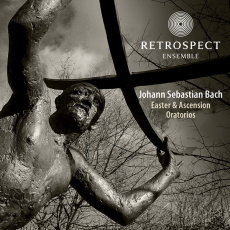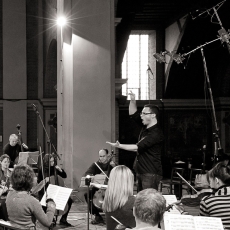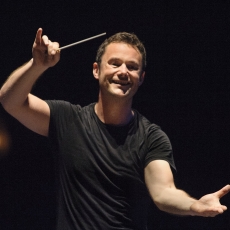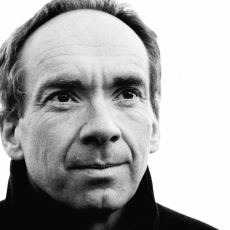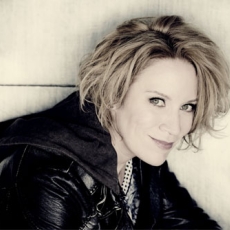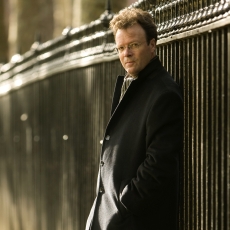Retrospect Ensemble - J.S. Bach Easter and Ascension Oratorios - BBC Radio 3 'Building A Library'
Andrew: That’s the sound of the Retrospect Ensemble directed by Matthew Halls, their 2011 recording for Linn Records, much more obviously modern Bach than Harnoncourt I suppose. Immediately you feel that tempo just a shade faster and you and it’s the way you’d expect it these days isn’t it? But what are the key difference for you Hannah?
Hannah: Well exactly, the tempo is the thing and it’s really this soul-lifting moment, full of promise of what’s to come. They achieve a real internal swing I feel and it’s propelled by the momentum in the bass and that actually infuses that whole recording. It’s not just at great speed as we’ll hear in a while.
Andrew: The Evangelist – he’s got to be a storyteller, absolutely hasn’t he fundamentally and James Gilchrist is the right kind of tenor isn’t he?
Hannah: He is.
Andrew: Is there a happy medium or a best of all worlds as far as you’re concerned?
Hannah: Well there’s one more we’re going to hear just now that combines so many of the attributes that we’ve talked about so far. It’s Iestyn Davies with the Retrospect Ensemble.
I love the quiet, I love the direction of the chromaticism in the violins and Iestyn’s dissonances are to die for. But actually for me it’s the way the instrumentalists achieve the hardest thing with this aria and that’s the momentum. Just like their playing at the start it comes from that direction in the bass which gives him all the time in the world.
Let’s hear Carolyn Sampson with the Retrospect Ensemble.
Just beautiful wind playing.
There are some seriously good recordings out there.
Between John Eliot Gardiner and the Retrospect Ensemble, it could just go either way on different days. In many respects the Retrospect Ensemble is more perfect. Iestyn’s aria is the pick of the crop and both arias are more polished, but today John Eliot Gardiner wins by a whisker.
